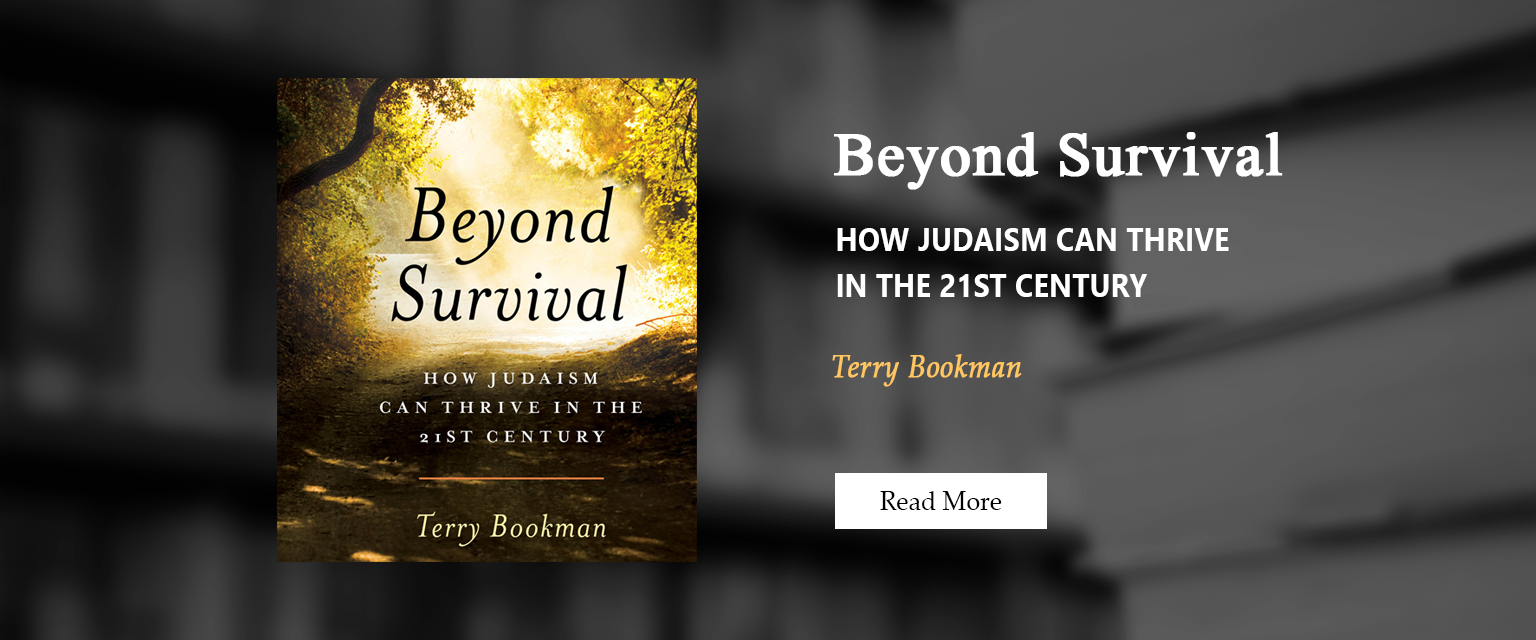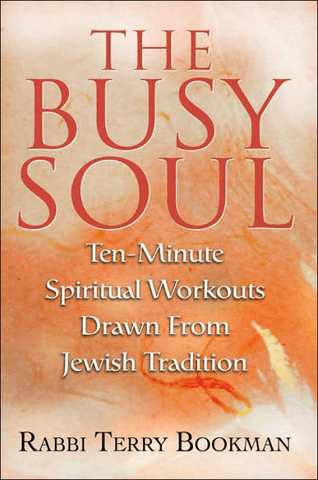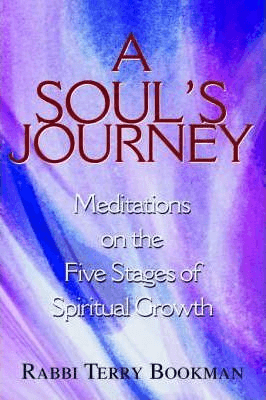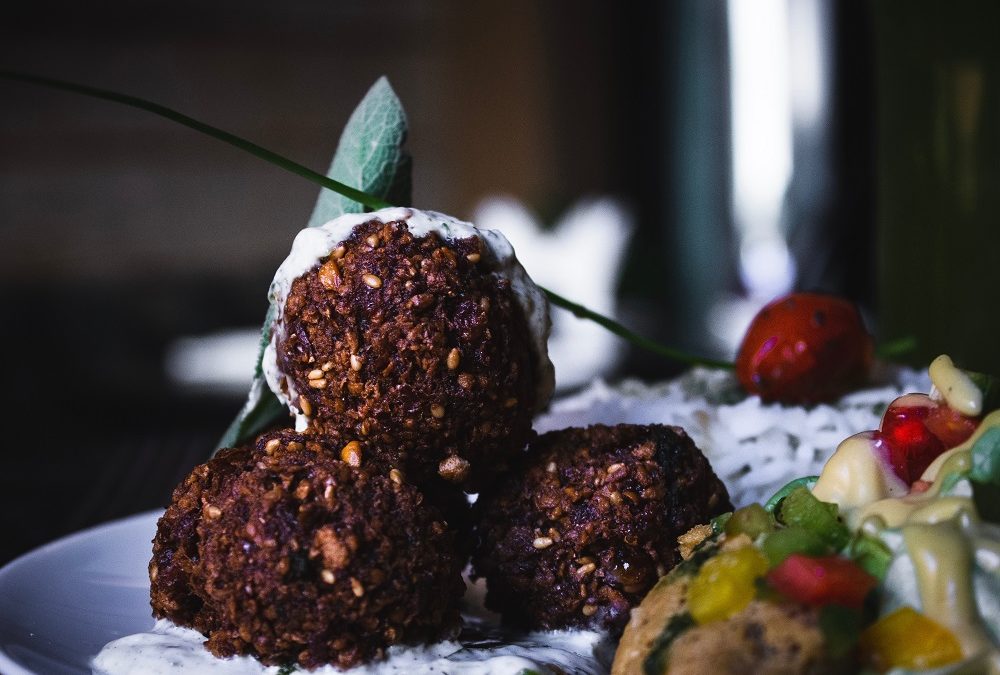|
I did not grow up in a kosher home, though I was very close to my maternal grandparents who did. In my mid-twenties, after experimenting with numerous diets, I decided to try out the ancient food regime of my people. After all, I reasoned, it has lasted thousands of years. Wasn’t that incentive enough? Besides, if I was going to be serious about my Judaism, I knew I had to explore this fundamental aspect of my people. It literally changed my life, deepening my connection to God and time honored Jewish tradition. It provided me with the opportunity to make conscious Jewish choices several times each day. I felt grounded and connected to something much larger than myself or my personal decisions. It was never difficult, but it wasn’t always easy.
One of the first challenges I faced was when I was in rabbinic school in Los Angeles. My favorite all natural salad dressing was produced by one of the early health food companies and had a heksher (the seal of approval of one of the kosher certifying groups). Perfect! Imagine my chagrin, then, when sometime later the ingredients remained the same but the heksher disappeared. The store manager could not say why but gave me the name of their local representative who gave me the name of the rabbi to whom I then wrote an actual letter (pre-email) inquiring why their approval was removed from this all natural, vegetarian company? More than a month later I heard back from him saying something to the effect, “Don’t worry. We are watching out for all your dietary needs.” With that paternalistic response rankling every nerve in my body, I reached out to the maker of the salad dressing. A couple of days later their representative (who could not have been nicer) explained that while the ingredients were exactly the same, they moved the product to another one of their facilities that did not have rabbinic supervision; as a result, they lost the heksher. Their commitment to providing the best all natural vegetarian products, however, had not changed. Thus began a four decade long question, “To heksher or not to heksher?” At that point in my education I did not know enough, so I began to learn the nuances of kashrut. In the end, I reasoned that my rabbinic education combined with the FDA’s labeling system gave me all the knowledge I needed to make reasonable choices about my diet. Whenever I could, I chose products with a heksher; but when I came across foods that in spite of the fact that they were filled with chemicals and artificial substances that required a chemistry degree to decipher still had rabbinic approval, I chose the healthier alternative, heksher or no heksher. Though I have kept kosher for practically the entirety of my adult life, in recent years I have questioned numerous aspects. I am and remain a committed Jew, but I am also a committed environmentalist, committed to the body’s health, committed to a fair and safe working environment for all; in other words, I am proud to be a post-modern autonomous thinker, influenced but unbound by the mores of any particular group. Next came wine. There is absolutely nothing in a bottle of wine that is prohibited for consumption—nothing! And the entire mishagas about idolaters handling the wine and convincing us to participate in untold abominations at their temples, kind of went by the wayside only about 2,000 years ago. I think we are safe on that account. Besides, boiled wine, called m’vushal, though certified as kosher is, in my estimate, the real abomination! A couple of years ago, I started eating kitniyot on Passover—those foods like lentils that swell up upon cooking—that were mysteriously banned by medieval Ashkenazi authorities but not by Sephardim. The Torah is very specific about what can and cannot be consumed on Passover—wheat, barley, rye, oats, or spelt that have been allowed to ferment and rise are collectively known as chametz, a giant “no no”. No one knows exactly why these additional foods, none of which are mentioned in the Biblical prohibition, were later banned. Though Judaism cautions us to take the middle path in all things, one is free to make things more difficult for themselves. But that should always be an individual choice, not a rule or a law. In fact, the usual rabbinic fear is that doing so, might drive people away altogether. While I never found the restrictions on Passover particularly burdensome, I now see no reason to make them more so. Rice and beans anyone? Rabbinic fences abound in Judaism. Like any fence, they are meant to keep that which is within safe, protected, and unharmed. But when fences take us so far afield that we can no longer see what is inside, they have gone too far. Nowhere is this more evident than in the dietary laws. According to contemporary interpretation, “Do not boil a kid in its mother’s milk” means I cannot eat chicken parmesan. Really? When is the last time you saw a chicken nursing its chicks? Do you know that some rabbis, out of their concern for the obvious cruelty of using this life-giving substance to become an instrument of death, wanted to limit the Torah’s injunction to a mother goat and its own off-spring. Period. Obviously, they lost the argument and the fences were built expanding the no mixing of meat and milk injunction to all meats as well as poultry and birds, all dairy products, later even requiring two sets of dishes. Though fish were exempted, many gourmet chefs would tell you to separate them purely for culinary reasons. Today, and really for quite some time, the well-documented abuses in the kosher food industry have forced us to deal with the question, “Is keeping kosher the best way to fulfill the ideals and values around food consumption set forth in our Torah?” Or are there new realities about ecology and environment, fair treatment of workers, humane treatment of animals, and safeguarding the body’s health, also Torah values, that are more vital than ever before? In other words, and let me be as graphic as possible here, what would be more kosher: eating an animal that was raised in an organic, open, local, sustainable farm and slaughtered lovingly and as painlessly as possible by the same gentile owner who raised it, OR a steer that never saw the light of day, was fed chemically adulterated food, was hooked up by its hooves to a conveyer belt, turned upside down, and frightened out of its mind transferred that way to the shochet (a religiously trained Jew) who slaughtered it mechanically according to the letter of tradition, and then shipped the carcass by truck five hundred miles or more to your local kosher butcher shop? Whenever we make a life decision, we are confronted with numerous values all competing for our attention and vote. If we see someone trapped in a burning building on Shabbat, doesn’t the Jewish value of saving a life take precedence over Sabbath observance? Of course it does. Similarly, I think it time that we re-think kashrut not because we want an easy way out; rather, more and more we seek a way in to express the highest spiritual values of our tradition through our consumption of food. As the numbers suggest, the vast majority of Jews have opted out altogether. Can we find a new path that might entice us to join back in? To be continued…
0 Comments
Leave a Reply. |
Blogs and VideosArchives
January 2021
Categories |
|
I exist to be a connector—connecting people to themselves (allowing for awareness and insight, as well as wholeness and personal growth); to one another (creating sacred community); and to God (linking themselves to a Higher Purpose in all they do in life).
|
©2021 Eitzah, Inc. All rights reserved.







 RSS Feed
RSS Feed
